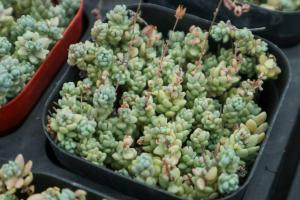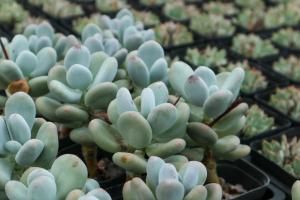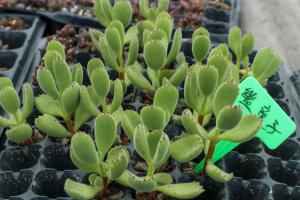Rose
Grafting rose, Huahua chose bark grafting method for you. Shanmuxiang grafting rose is a very simple and effective grafting method
1. First of all, prepare a plant of shanmuxiang as the rootstock. Be sure to choose a healthy plant as the rootstock, otherwise it is easy to fail
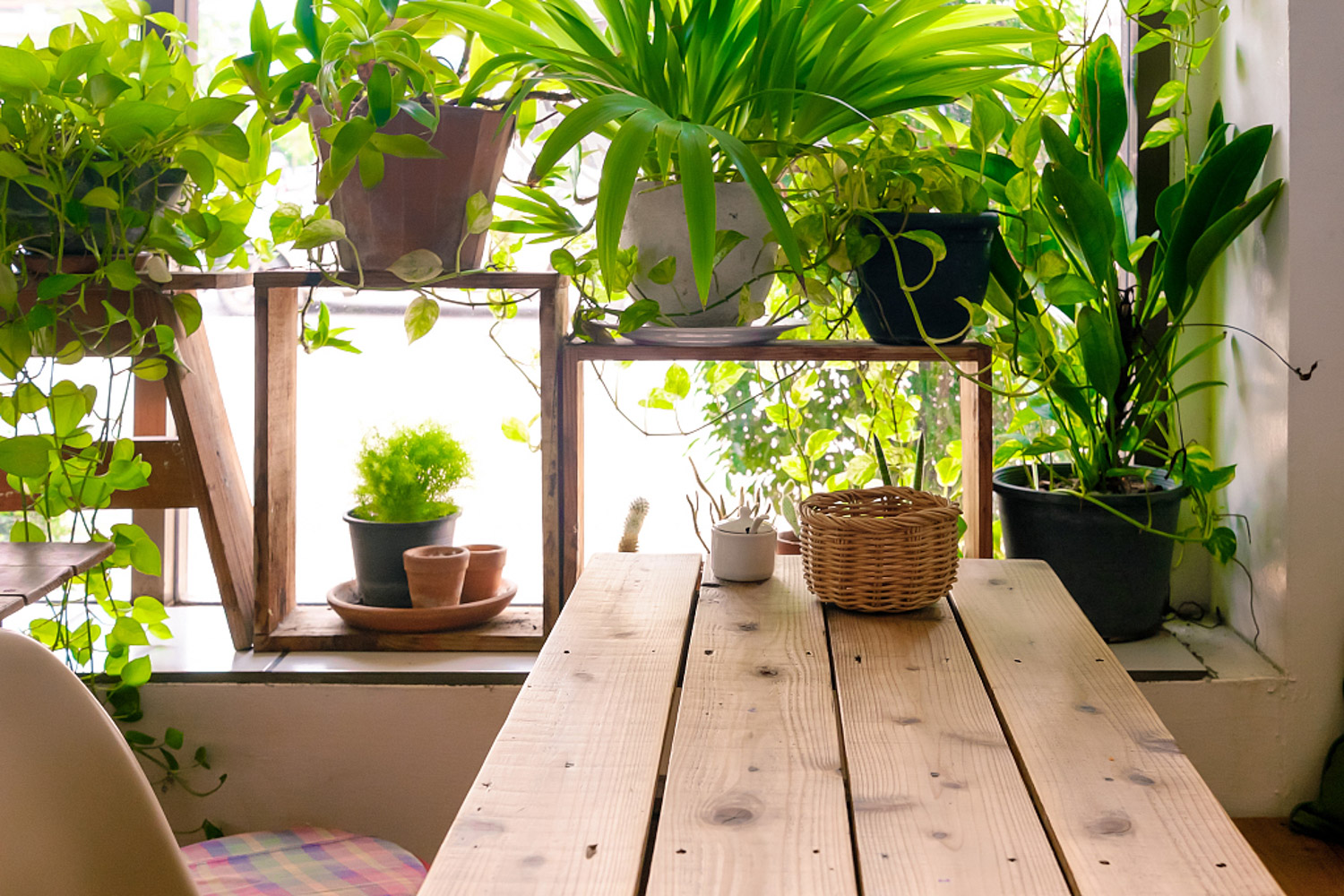
2. Then prepare rose scions, not old branches, but twigs that have just grown this year. And the branches should have thin leaf buds, not thick flower buds. Then cut the bottom of the scion obliquely to form a smooth and sharp section
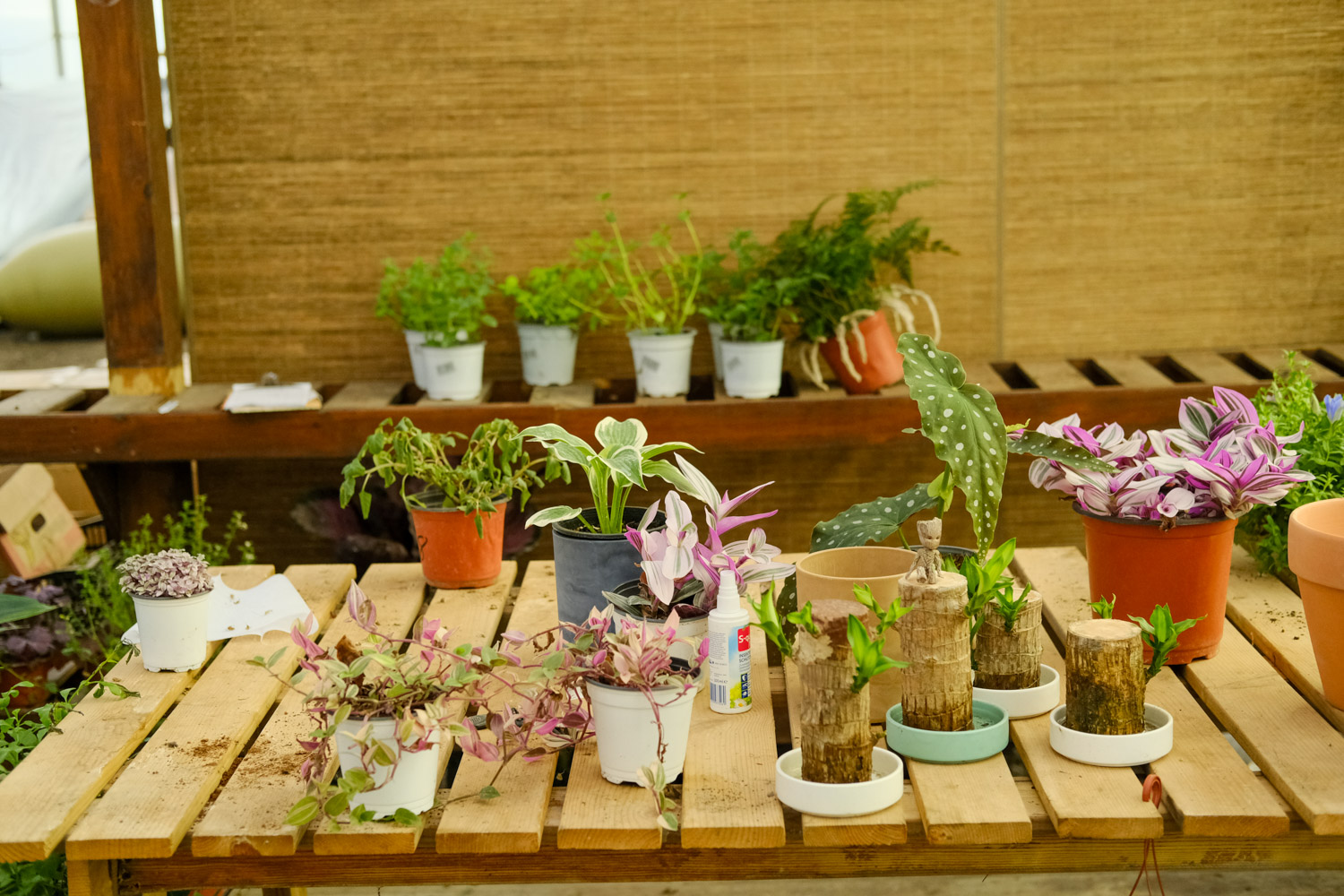
3. Use the cross section of the scion to correspond to the rootstock, and then accurately cut a gap as large as the scion on the bark of the rootstock. Then the cross section of the scion is closely inlaid with the gap of the rootstock bark. This step is very important. The cambium must be aligned in order to live

Some flower friends may not understand what is a cambium, so it should be easy to understand by looking at the logo in the figure below
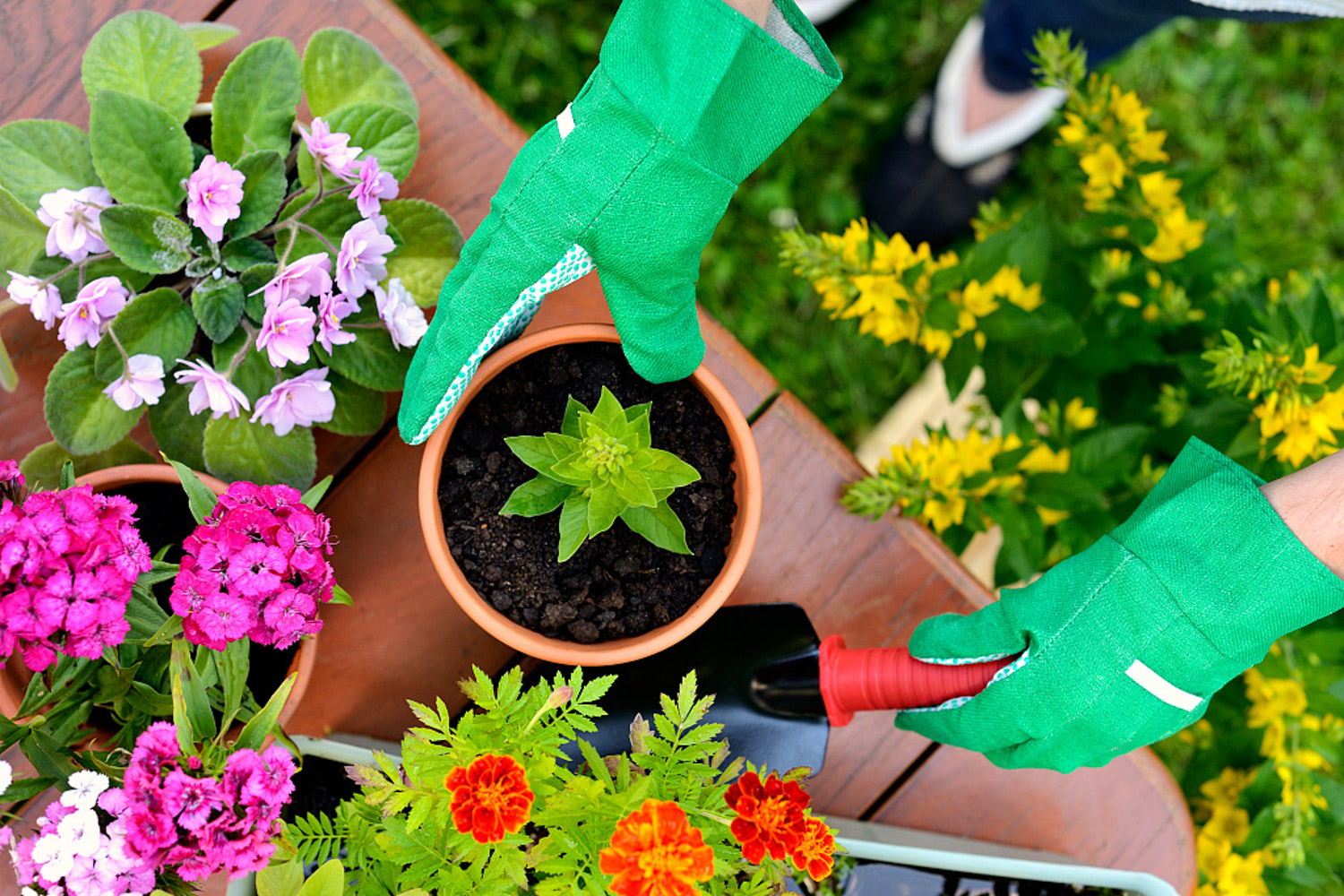
4. Repeat the above steps and insert the other two scions. In fact, you can also put a scion, but if you put more, you may have more opportunities to live, and insert more scions, which will look more symmetrical and dense when you live in the future
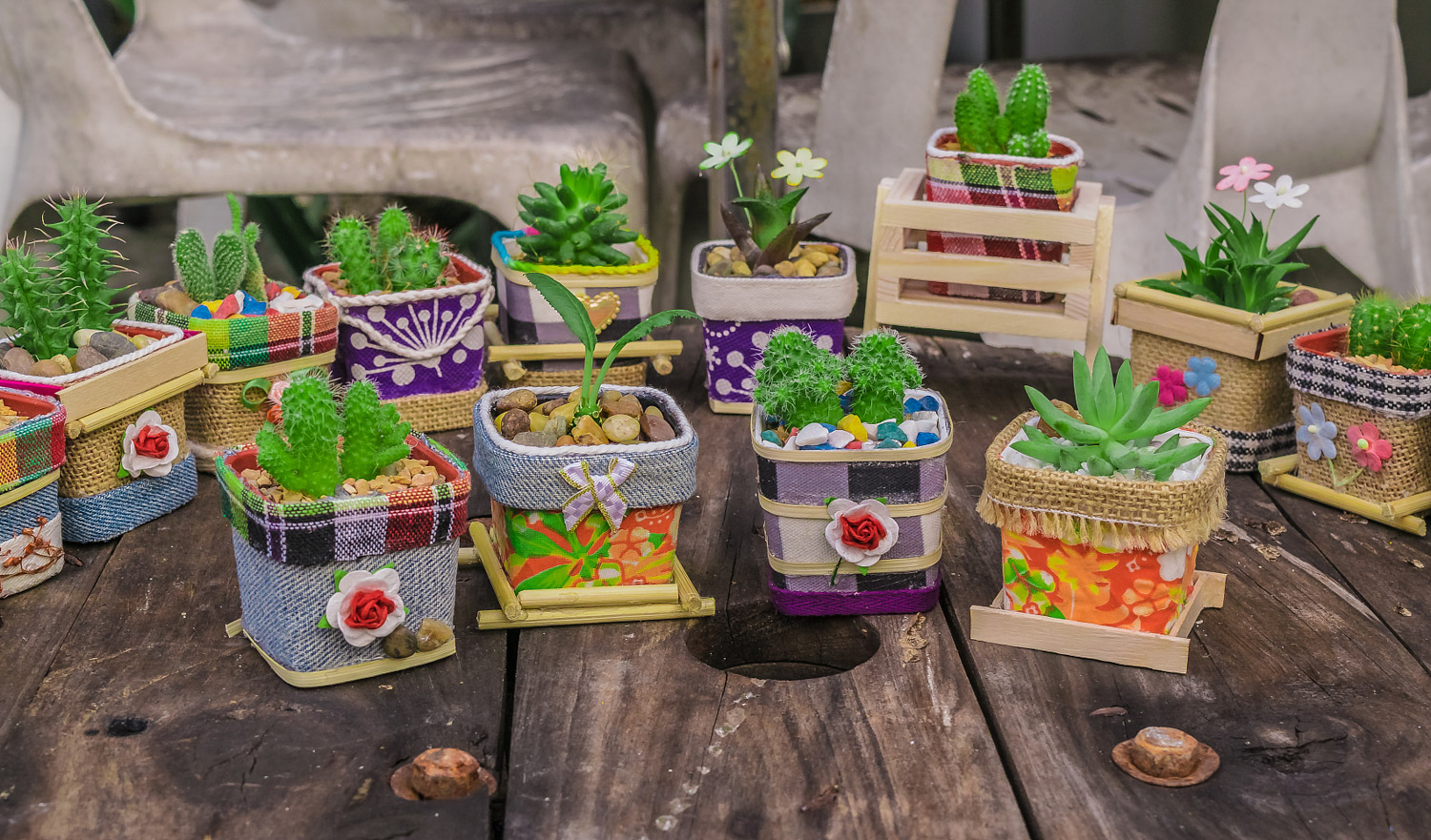
5. Tie the graft belt. If you don't have grafting tape, wrap it with plastic wrap and tape. However, the disadvantage of plastic wrap is that you have to remove it after healing, which may hurt the sprouts. However, the grafting belt will be weathered by itself, which is relatively easy to worry about. We choose according to our own situation
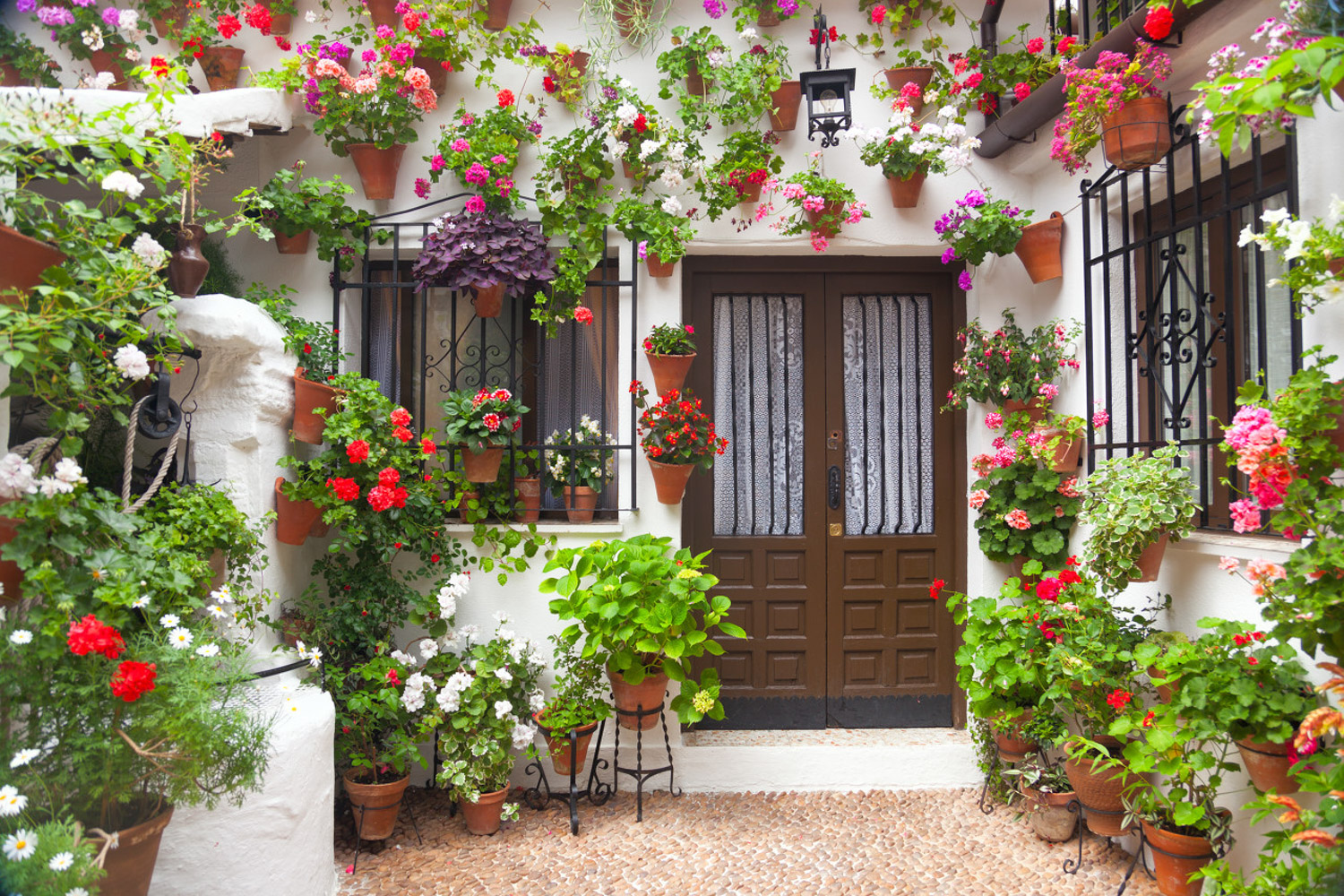
6. Put plastic bags on dry areas to keep moisture, and don't put bags on wet areas, otherwise you will suffocate. Finally, don't bask in the sun. You need indoor shade
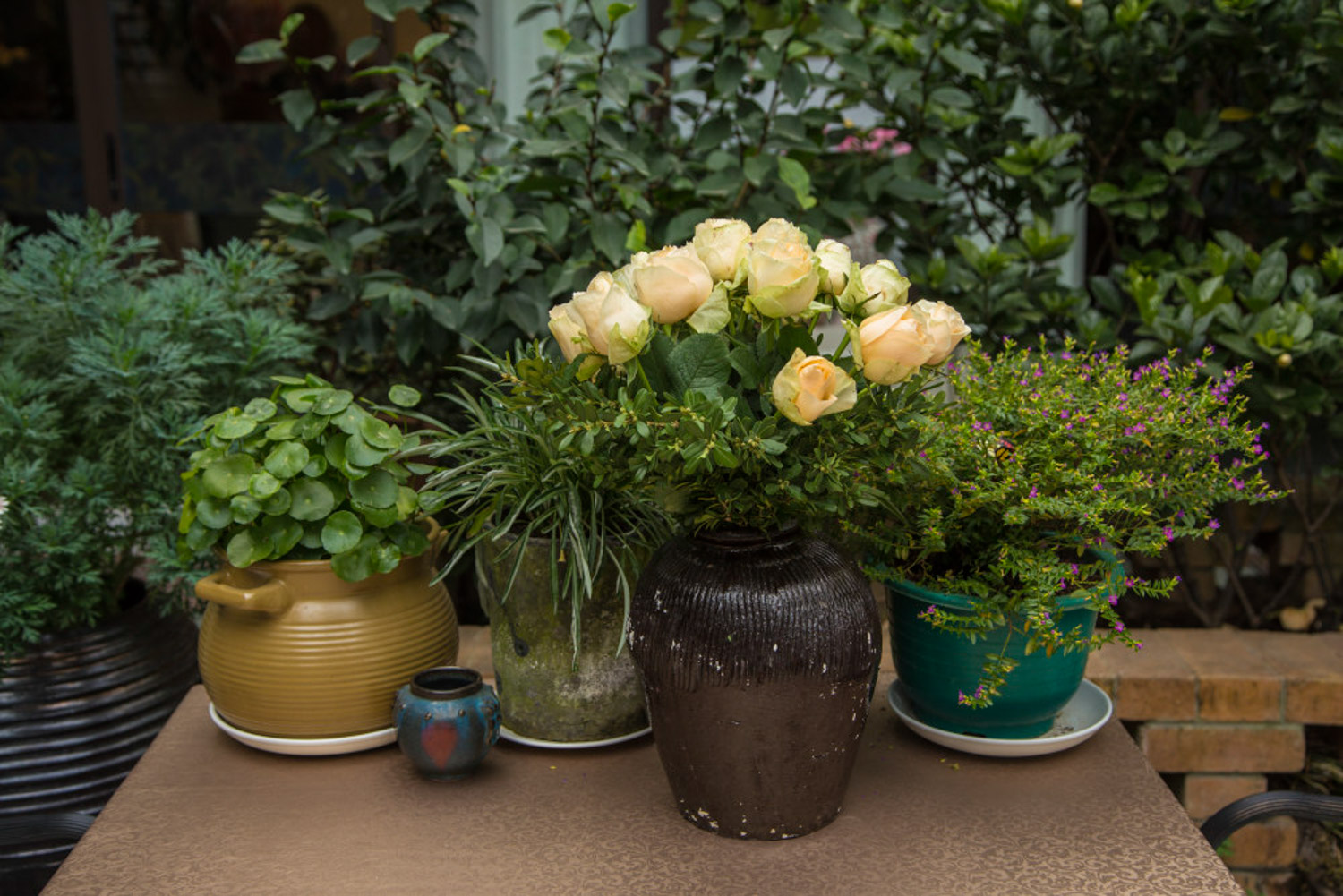
If it's planted on the ground, you can tie a big leaf like this as a sunshade. Because the sun is very strong in summer, which is not conducive to the healing of the incision

Longevity flower
The grafting of longevity flower is generally split grafting
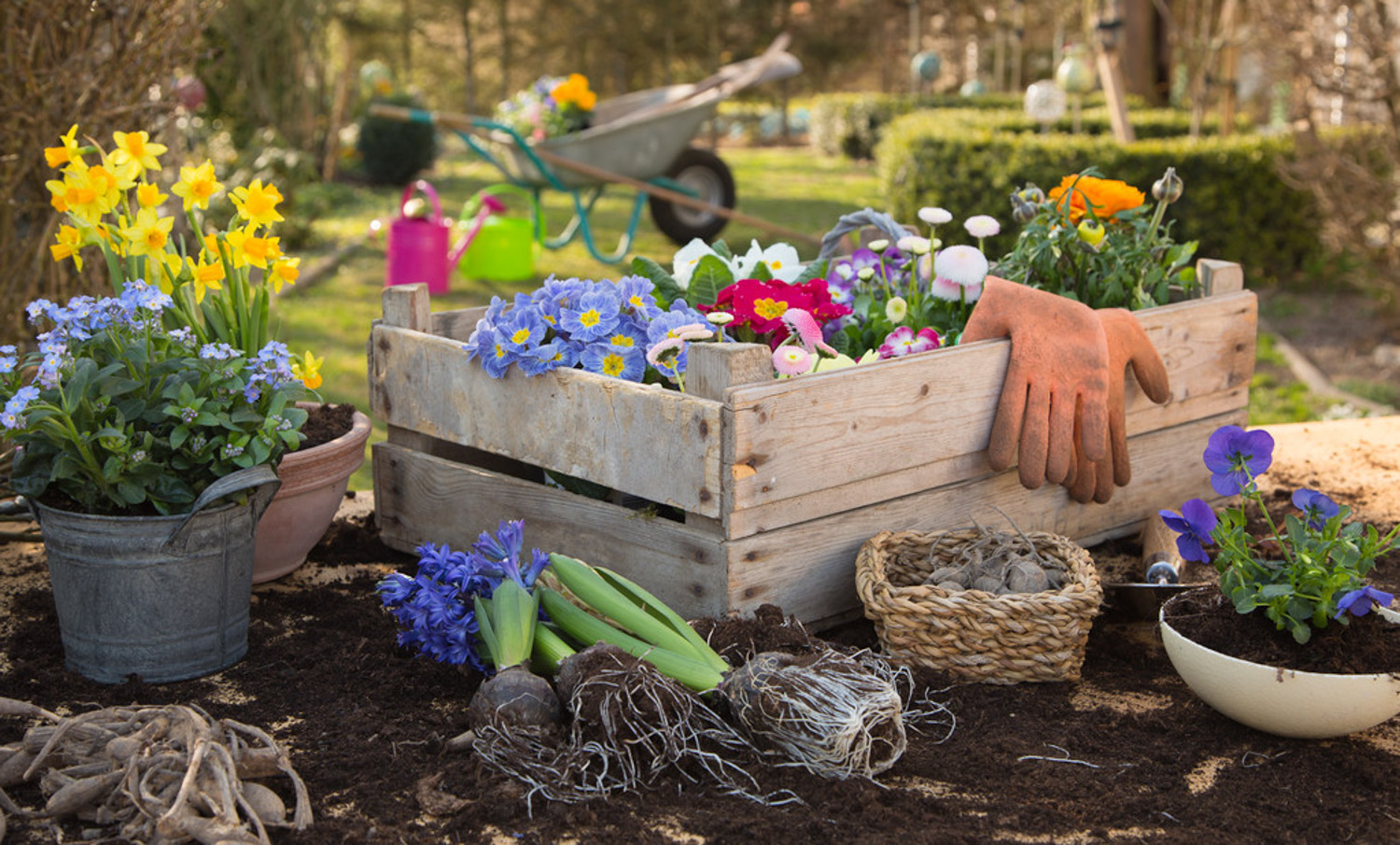
1. Get the cuttings ready first. Cut a branch from the longevity flower of other colors, and then sharpen both sides, like the wedge below

2. Then prepare the rootstock. The width of the rootstock should be greater than that of the scion. In this way, the scion can be wrapped behind, which is conducive to healing. Cut off an original branch with scissors, and remember to flatten the section

3. Cut a knife vertically in the middle of the rootstock, with a depth of about 1.5 cm
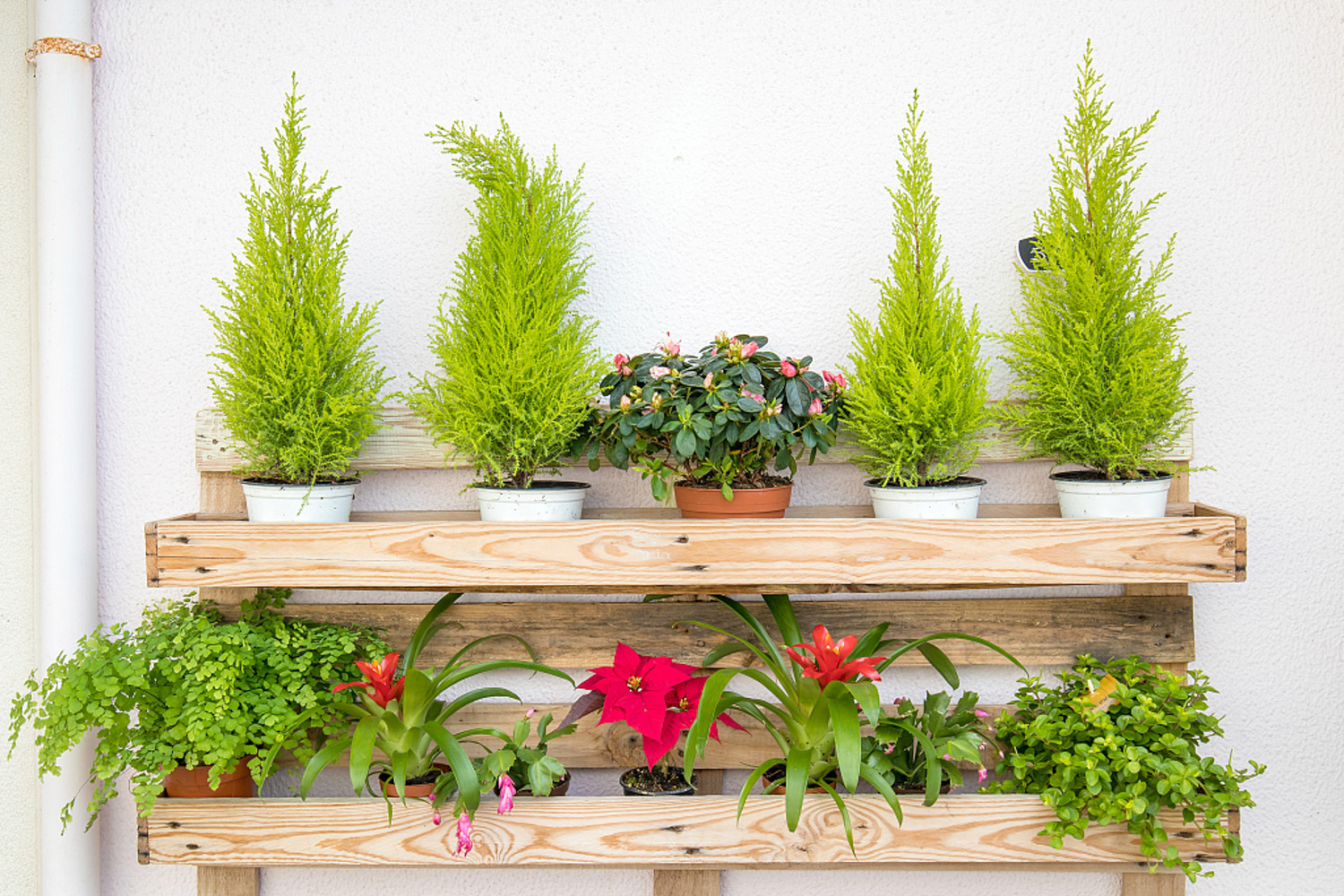
4. Insert the cut cuttings into the opening of the rootstock just now. Remember, the cambium must be aligned
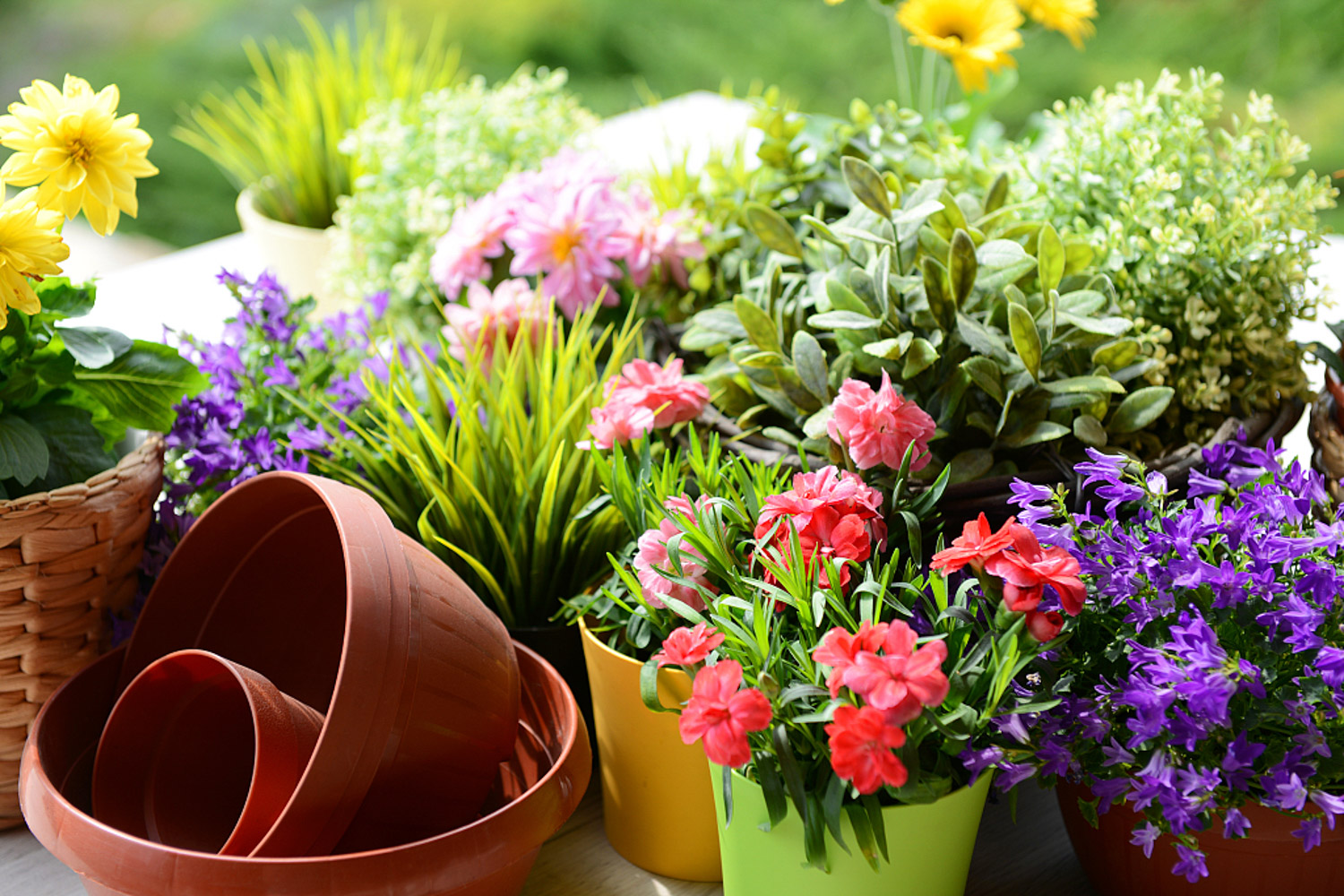
5. Fasten with plastic film from bottom to top

6. Finally, buckle it with a small plastic bag to moisturize. Now the temperature is high. There is no need to seal the bottom of the small bag. Try not to let the water touch the wound, otherwise it will rot
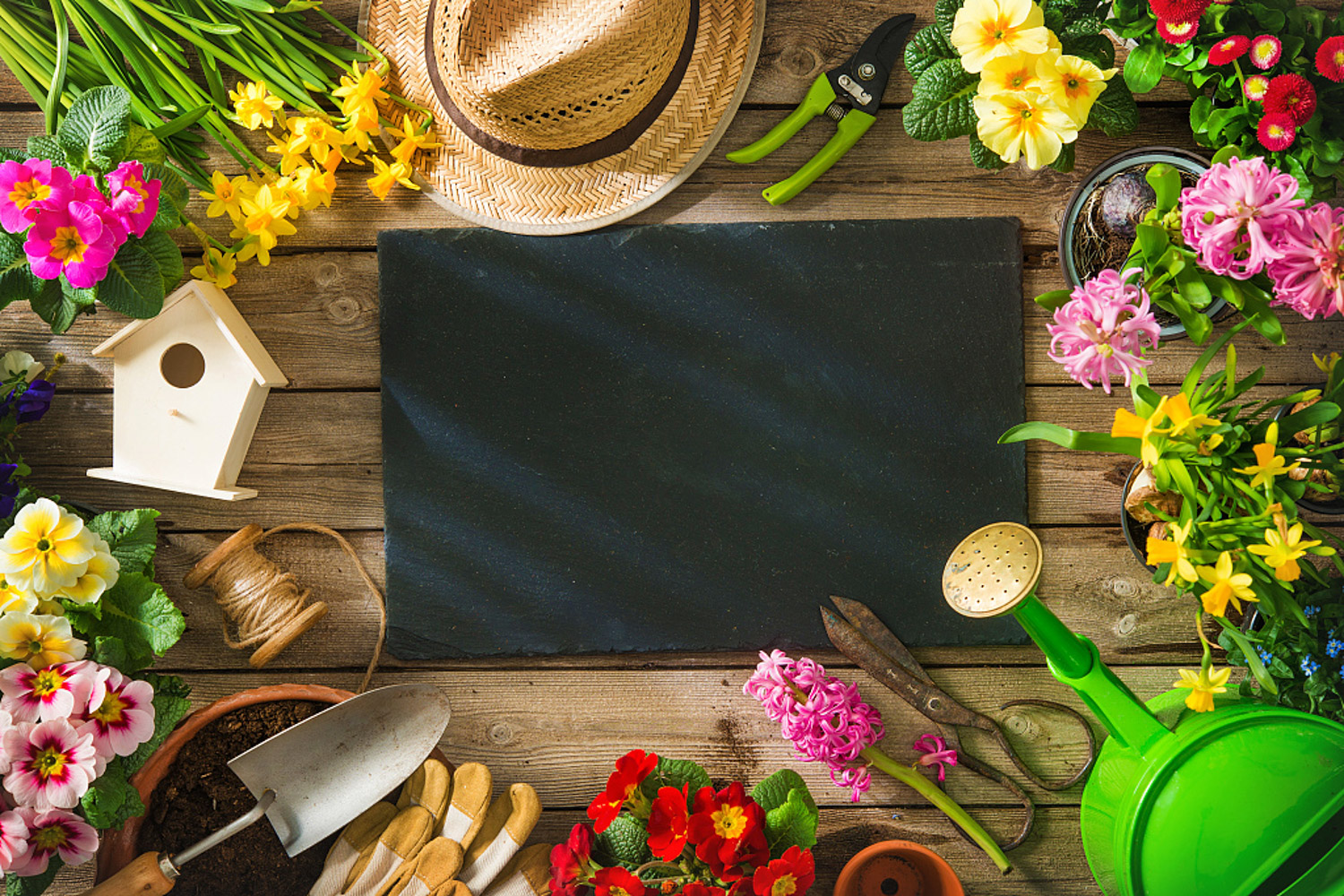
7. Move the flowerpot to a semi shady place and take off the bag in about 10 days. After a few days, when the grafted branches germinate and grow up gradually, the grafting belt can be removed. Soon, the grafted multi-color longevity flowers will bloom all over the branches
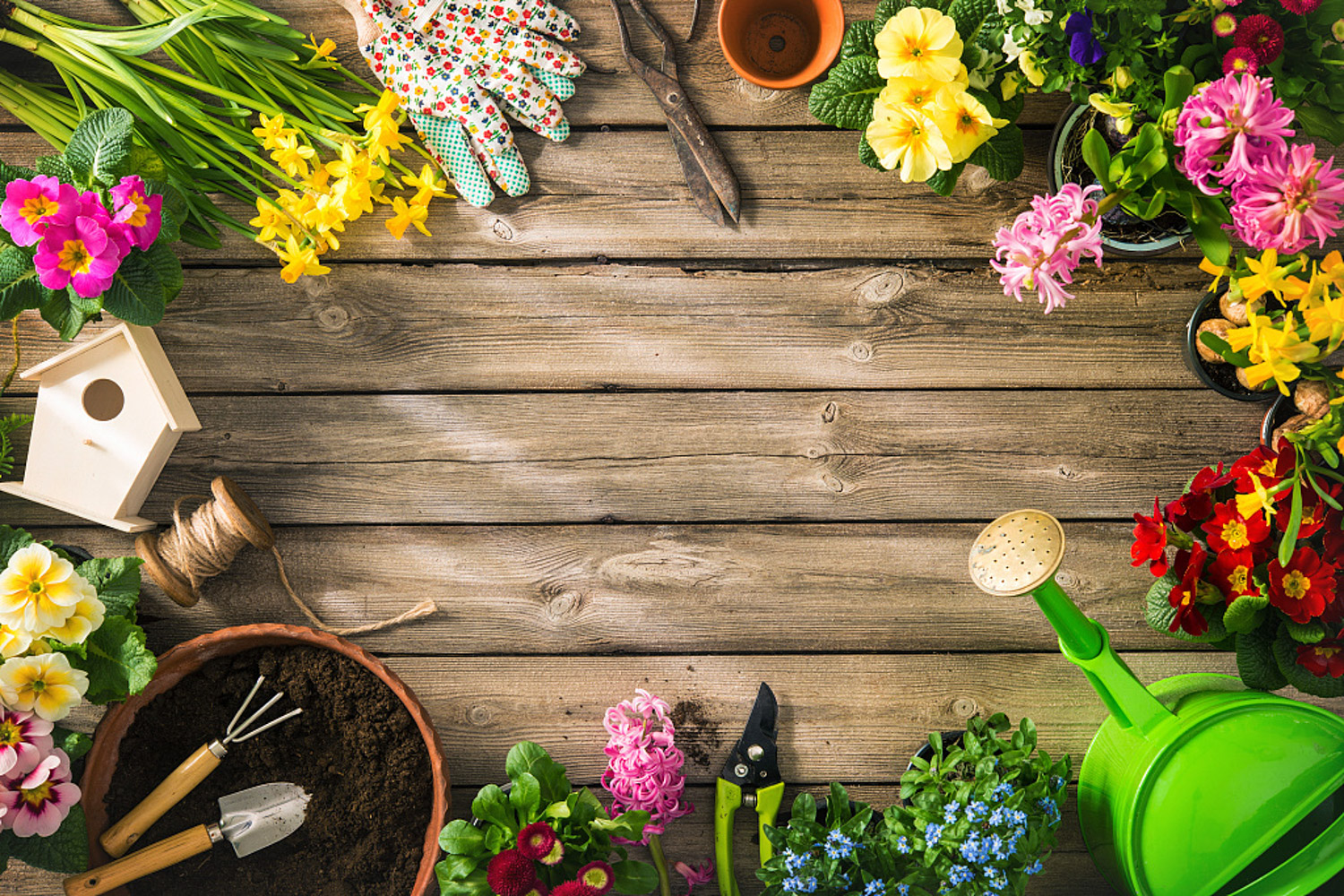
Osmanthus fragrans
Now is the season in mid July. In a week or two, it's a good time to bud osmanthus! It's recommended to make sweet scented osmanthus for rootstock grafting. Before the beginning of autumn, tassels grow vigorously. At this time, sweet scented osmanthus sprouts and sprouts quickly
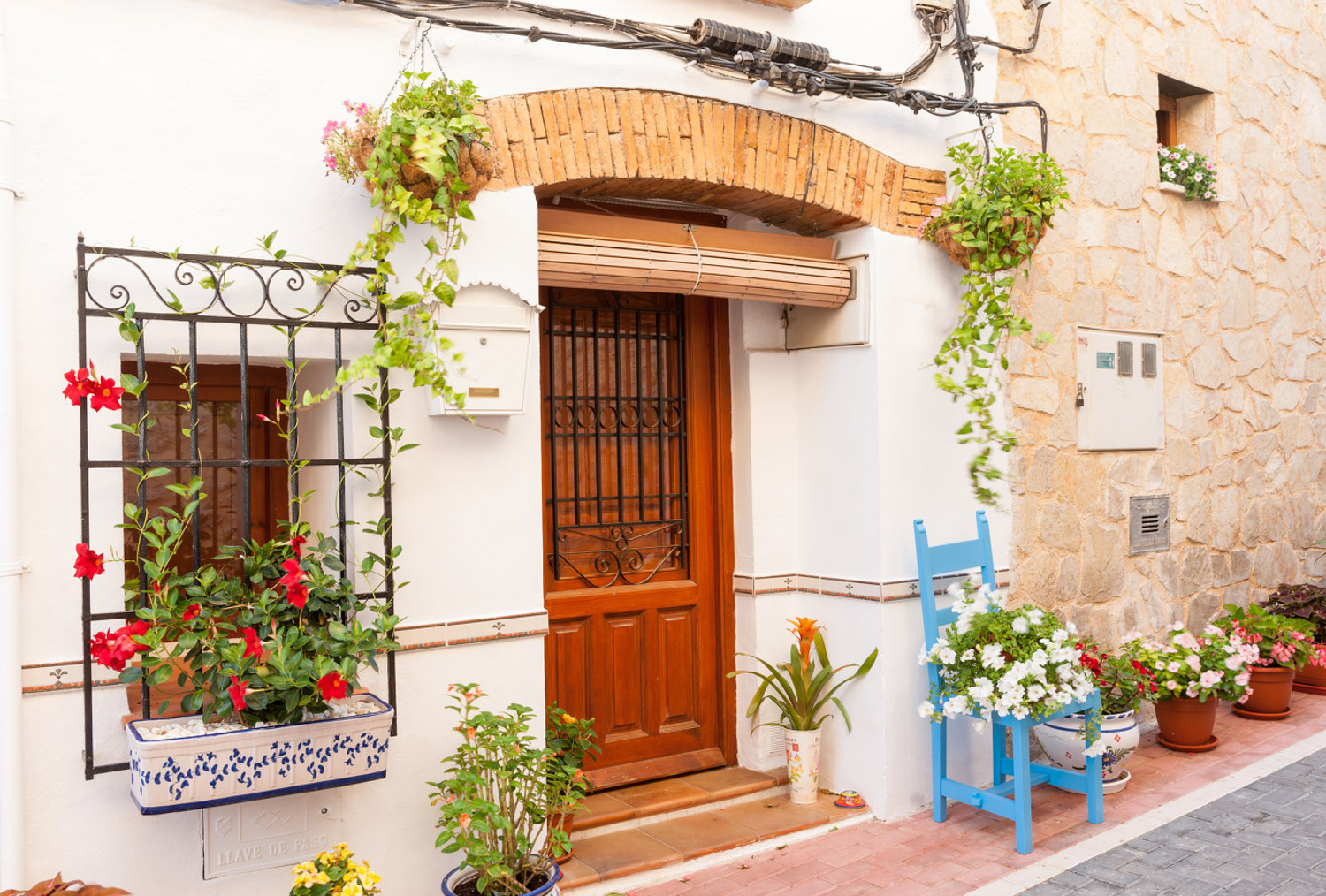
1. First, prepare the rootstock and cut off the branches at the top of the tassel to ensure the flatness of the section
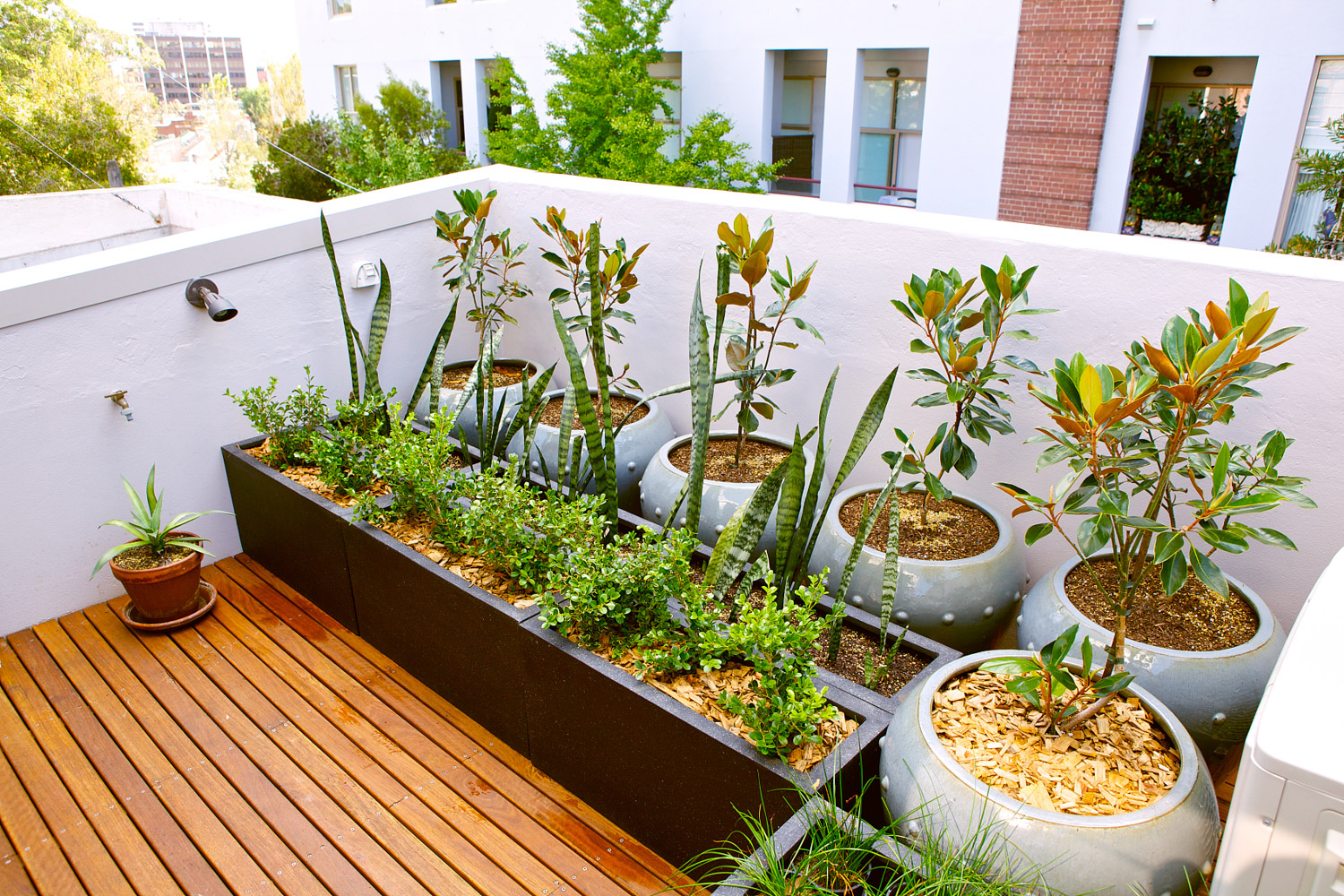
2. Take down a twig with buds, pinch off the upper leaves, and leave a little petiole
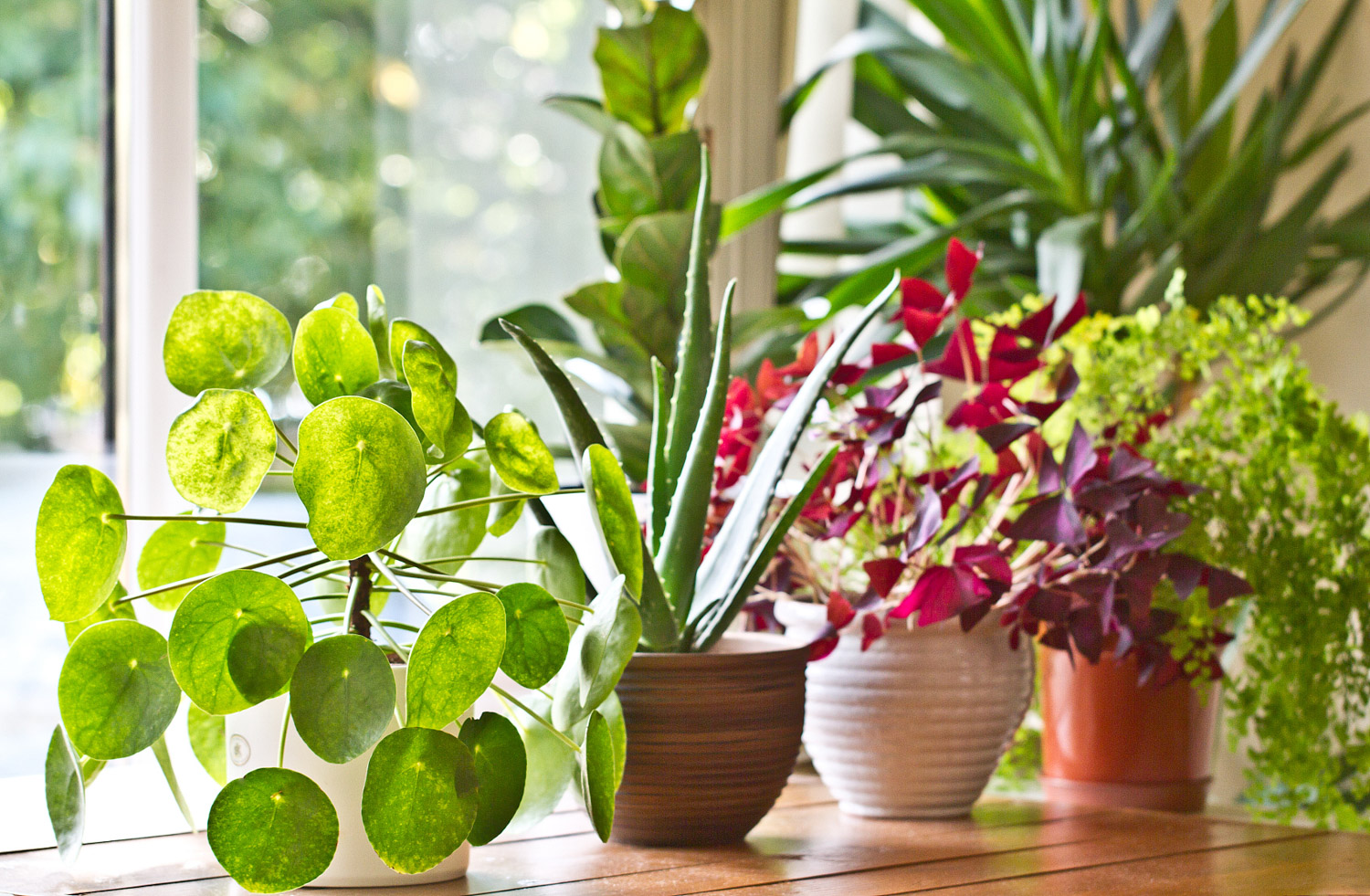
3. Cut a small hole at the edge of the rootstock, which should be the same size as the cuttings, so that it can fit better and grow better in the later stage
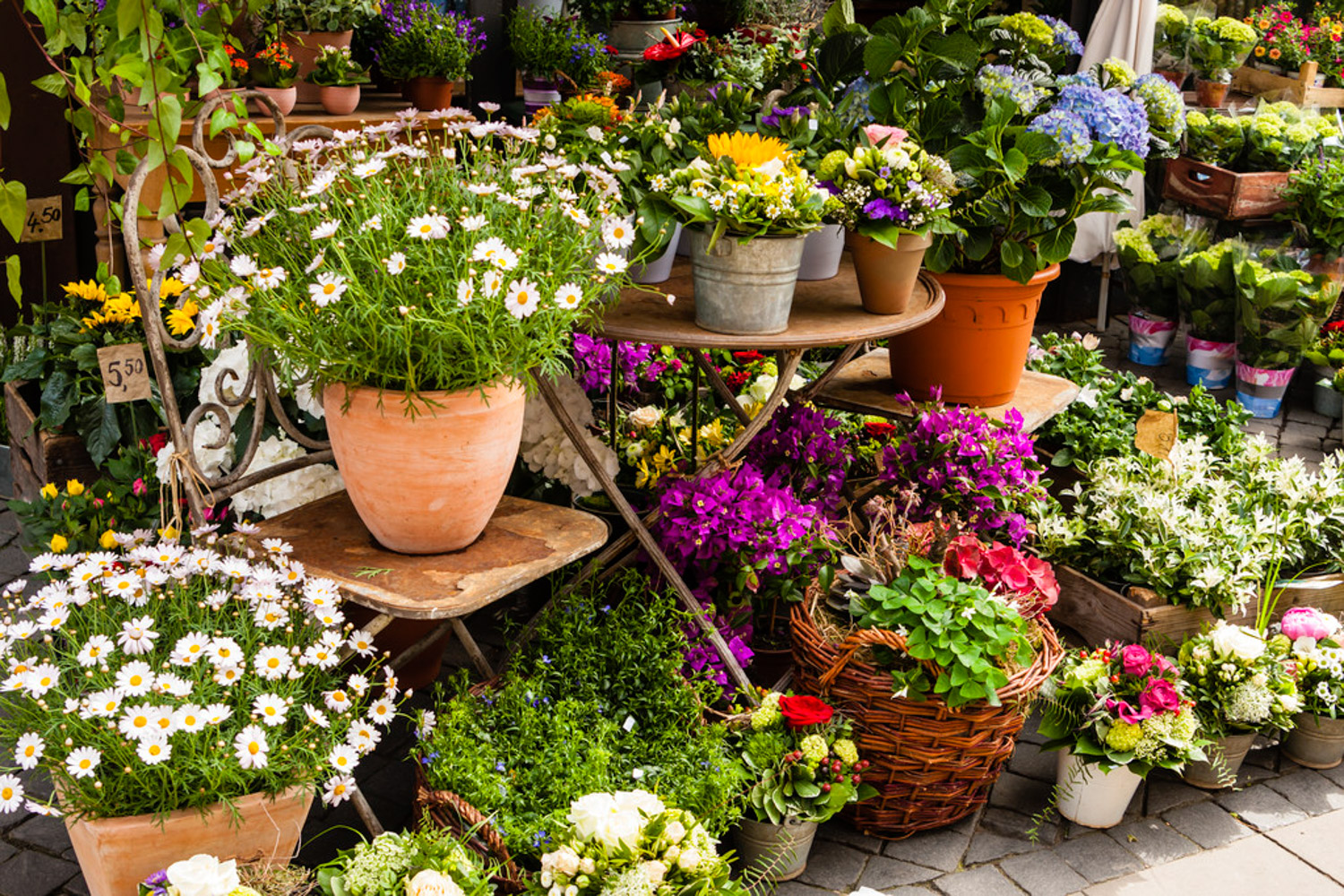
4. Then cut off the skin on one side of the spike and insert it into the groove of the rootstock
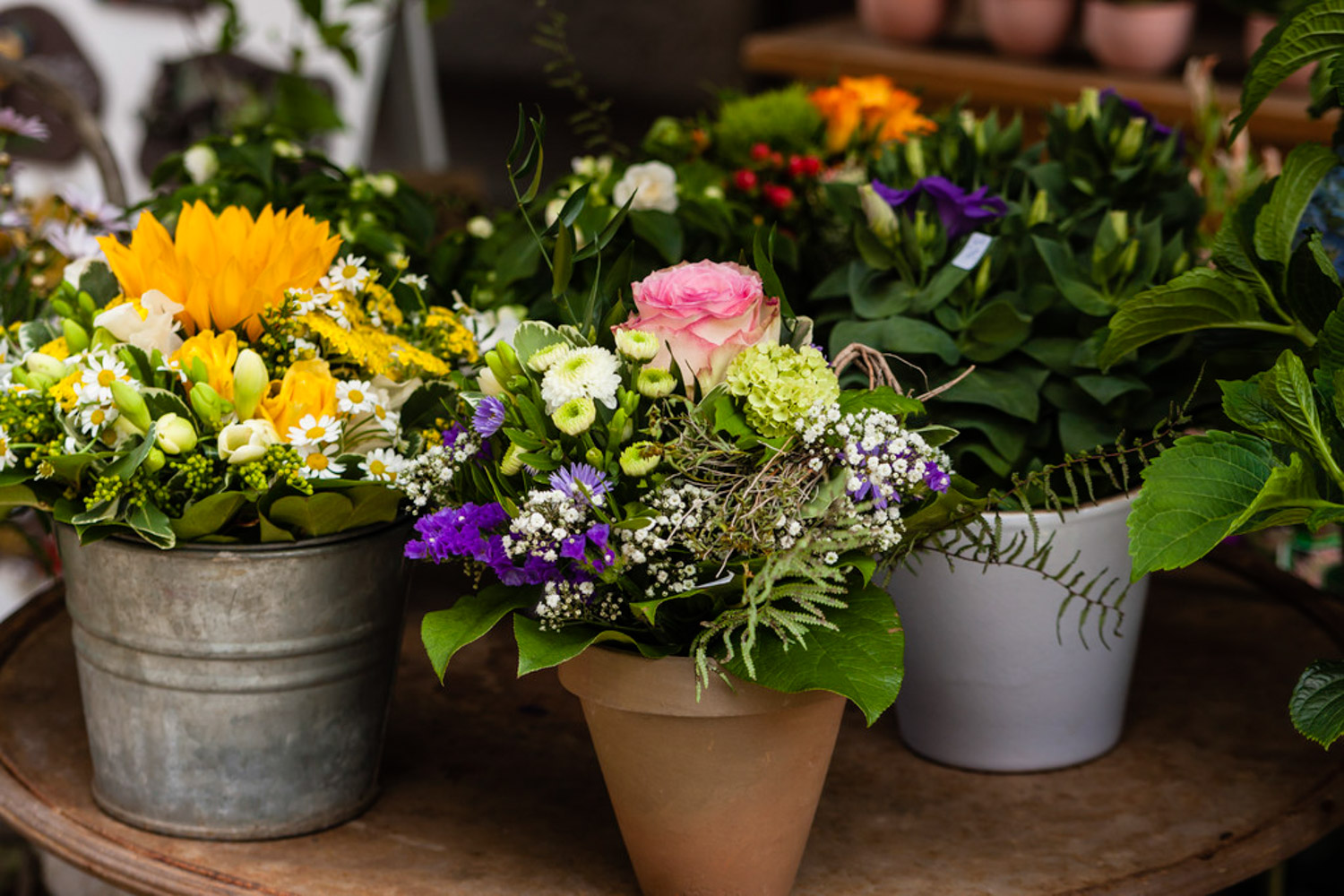
5. Tie it up with a plastic bag. Finally, wrap it with plastic wrap to moisturize. In less than 10 days, the buds will come out


 how many times do yo...
how many times do yo... how many planted tre...
how many planted tre... how many pine trees ...
how many pine trees ... how many pecan trees...
how many pecan trees... how many plants comp...
how many plants comp... how many plants can ...
how many plants can ... how many plants and ...
how many plants and ... how many pepper plan...
how many pepper plan...